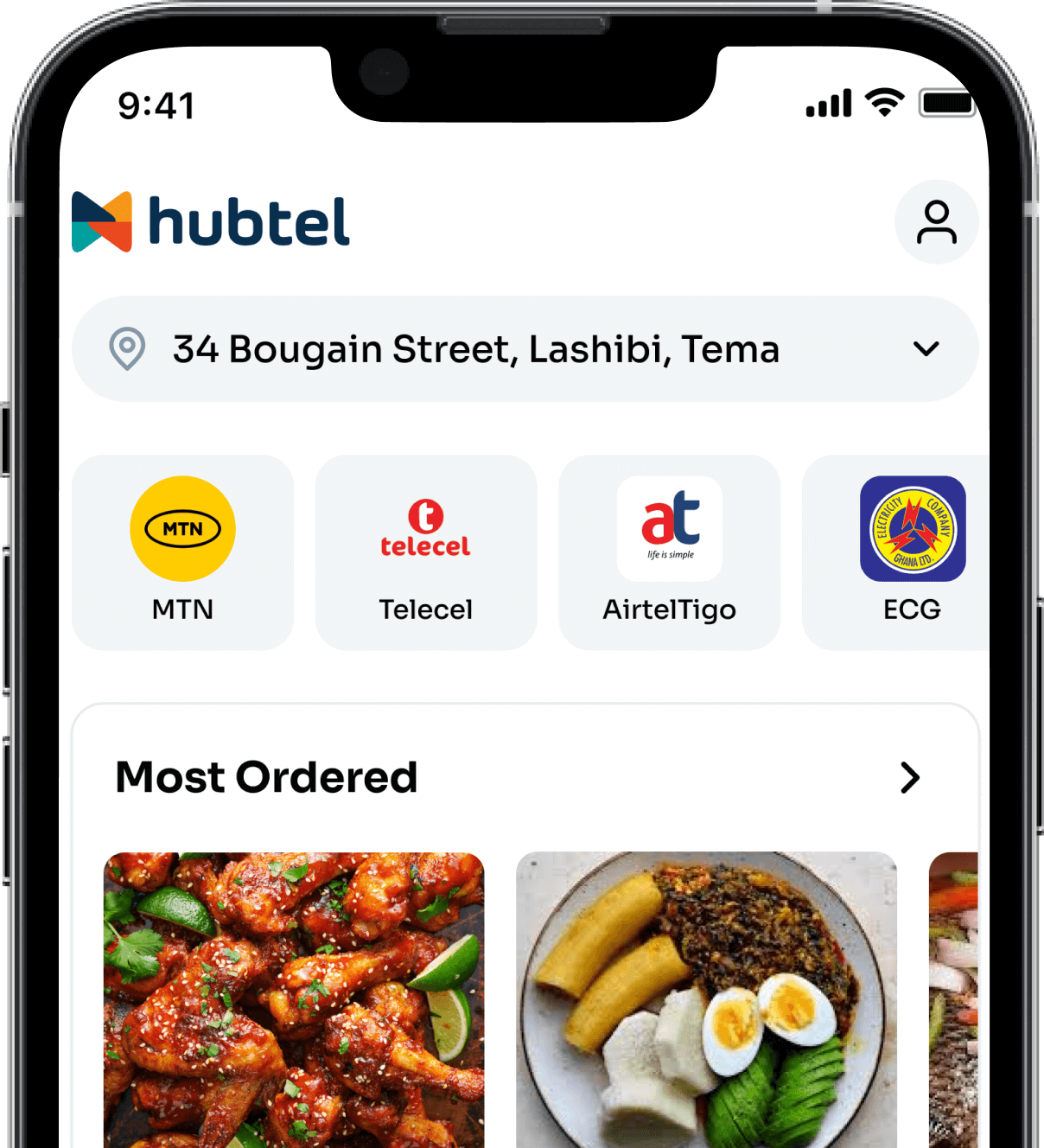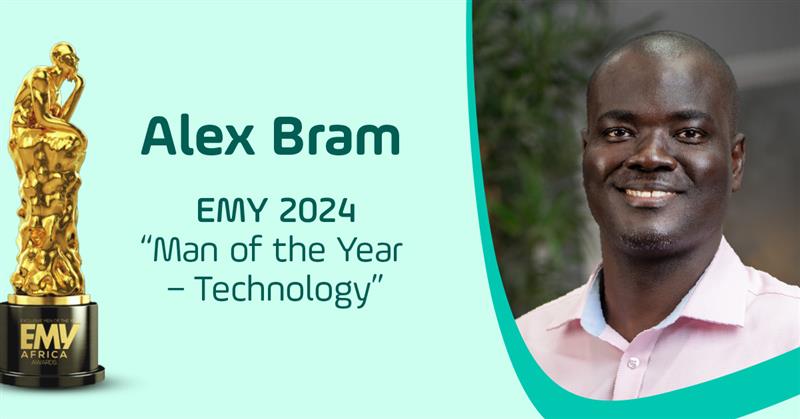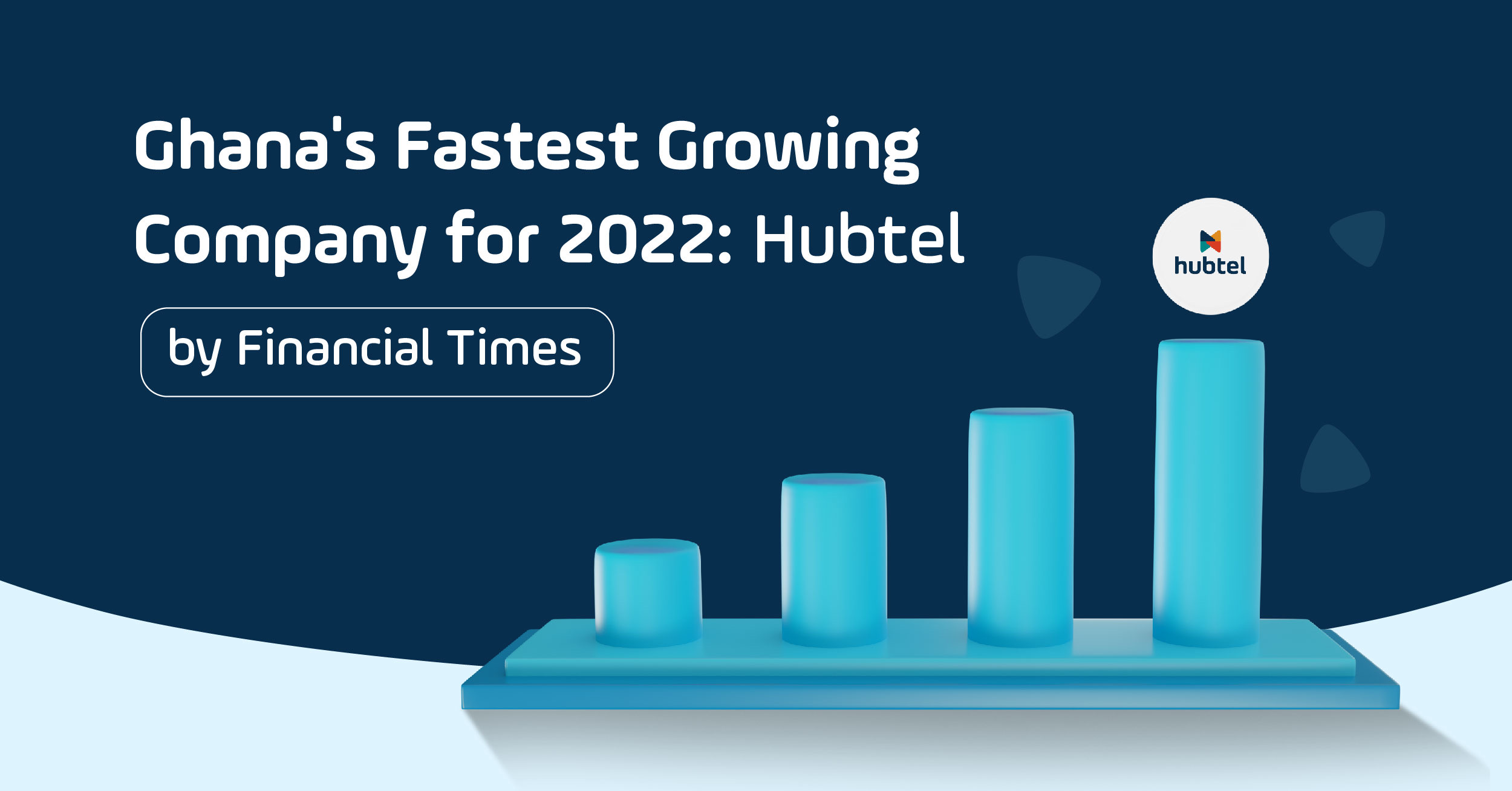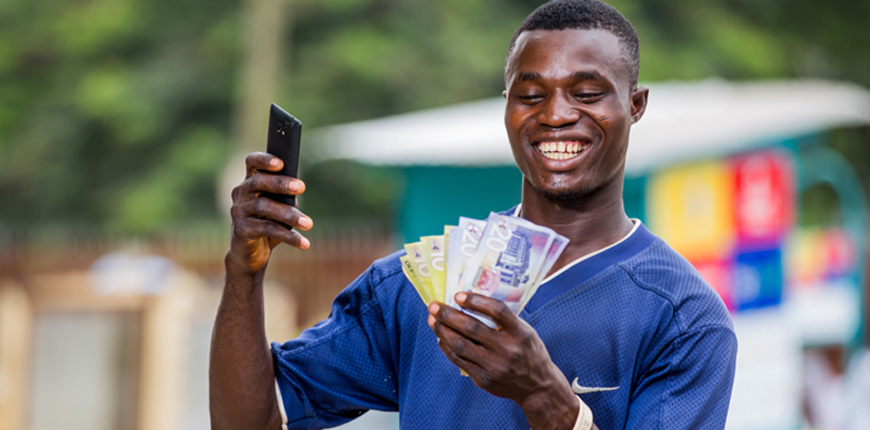
Akumiah, a young man boarded a trotro from Osu headed to Spintex. Halfway through the journey, the trotro mate began his routine collection of transport fares and as it got to Akumiah’s turn he reached for his wallet and realized he had left it at his workplace. Distraught, he frantically searched his bag to see if he would find some loose change to pay his fare.
To his utter dismay, he had no change left in his bag and at that point, the impatient trotro mate had already started hurling abusive words at him whilst demanding his fare. Akumiah remembered he had some money in his mobile money wallet and immediately asked the mate in the local parlance “Wo gye Mobile Money?” This question infuriated the mate even more and if it wasn’t the timely intervention of a passenger who paid Akumiah’s transport fare, the situation would have been quite a messy one.
In the face of the fast-spreading Mobile Money payment revolution, there is always a dilemma on whether or not one needs to keep some money in their Mobile Money wallet or if it’s better to move around with cash. In an active economy like Ghana’s, where everything from getting breakfast to catching a ‘trotro’ at the bus stop and even using the public urinal all requires monetary transactions, one is always forced to keep some cash on them to avoid any embarrassment like Akumiah’s.
Kofi Asare, a driver’s mate at the Kaneshie trotro station working in a Circle bound commercial bus says he has never accepted transportation fares via Mobile Money because he believes it will be a very tedious and inconveniencing process. However, he has received money via Mobile Money and is appreciative of the convenience it offers him in sending money to his mother in a village in the Ashanti Region.
For two sisters who retail dresses at the Rawlings Park in Accra, collecting cash only was the best business decision they had made until one day they were attacked by knife-wielding robbers after a day’s work and rid of all their sales. This compelled the two to now make Mobile money the preferred payment option for all their transactions.
A 2016 Ericsson Consumer Insight Report, titled ‘Financial Services for Everyone: Bridging the gap between the banked and the unbanked in sub-Saharan Africa’ stated that despite the risk associated with cash, 8 out of 10 consumers suggest that the convenience and wide acceptability of cash makes it the dominant mode of transaction.
The report however said that the data for mobile money usage in Ghana is very promising. With 69 percent of Ghanaians using mobile money agents, consumers see mobile network providers as the top preferred service provider for a mobile money agent.
Safety and convenience are two major keys most people look out for when it comes to the use and management of their monies.
Despite the fact that these two features are characteristic of Mobile Money payments and puts it in a better place to enhance businesses and enable growth, cash transactions still enjoy some dominance in the system.
As more individuals and businesses revolve and are caught in the Mobile Money frenzy owing to its safety, convenience, and reliability, it is likely to become the primary mode of financial transaction in the next few years, although businesses will still need cash to top up their wallets.
Taking the step to stay ahead of the competition in this regard can be done effectively through a payment solution such as Hubtel’s POS which is an integrated Point-of-sale solution that works with a phone or tablet to process payments.
The POS solution enables small businesses receive and make payments in a safe, secure manner to help them make more profits and expand their businesses.
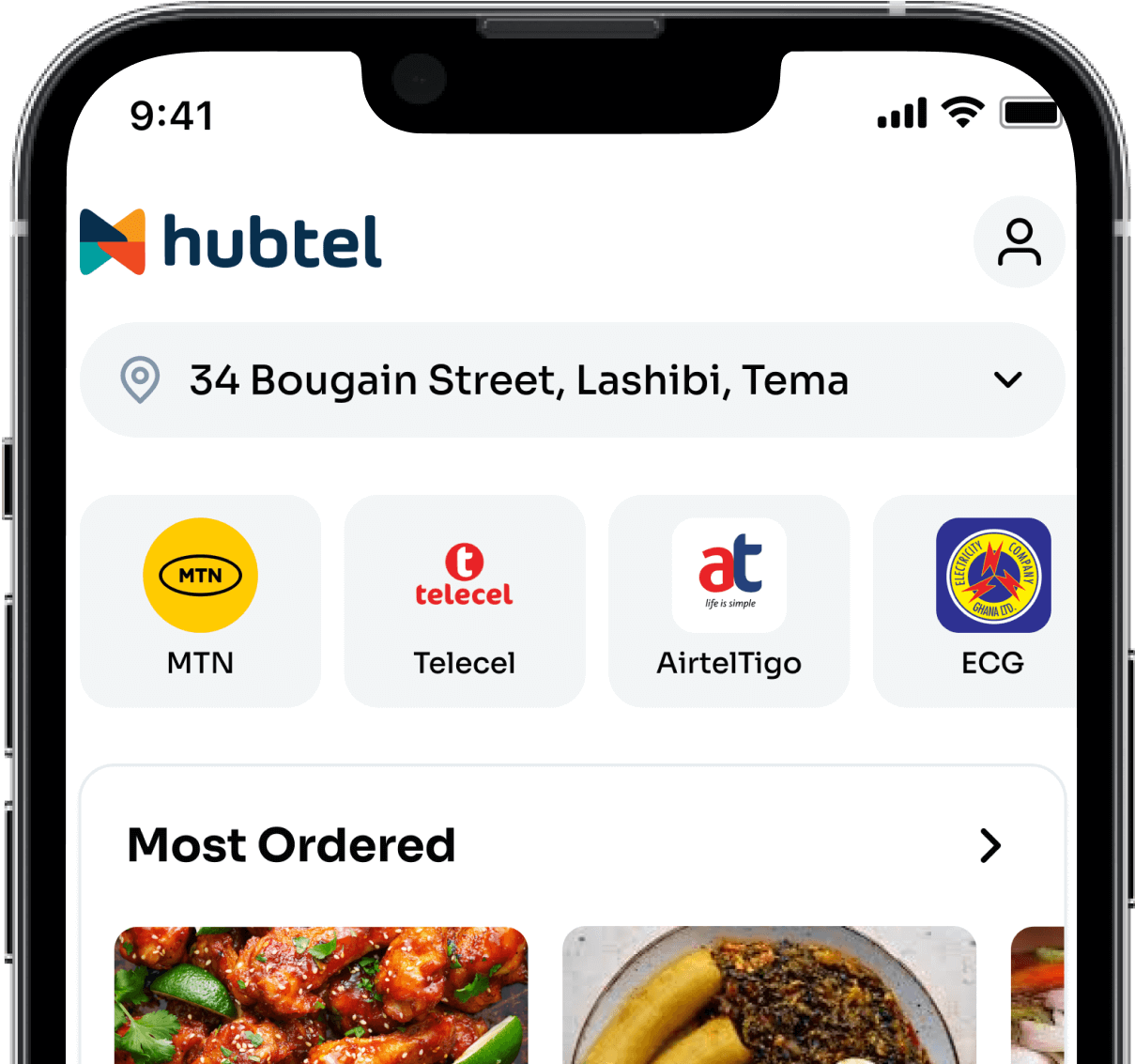
Related
Hubtel Attains ISO 27001:2022 Certification
February 24, 2025| 2 minutes read
Celebrating Leadership: Alex Bram Awarded EMY 2024 "Man of the Year – Technology"
December 31, 2024| 2 minutes read
Hubtel Ranked Ghana's Fastest Growing Company for 2022
May 16, 2024| 2 minutes read





